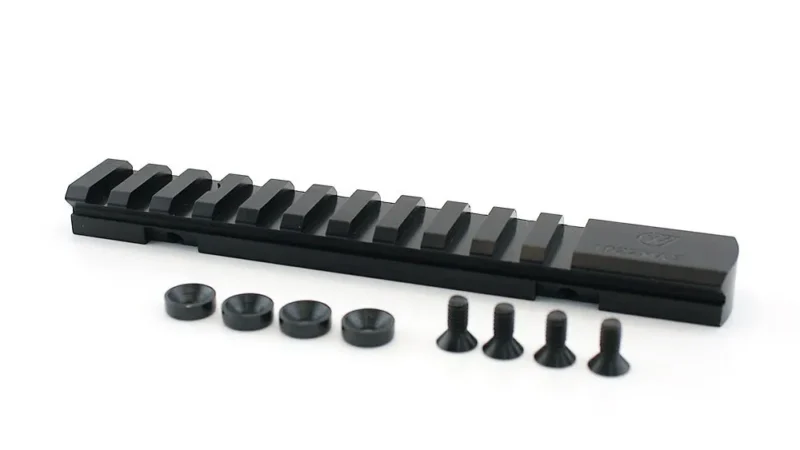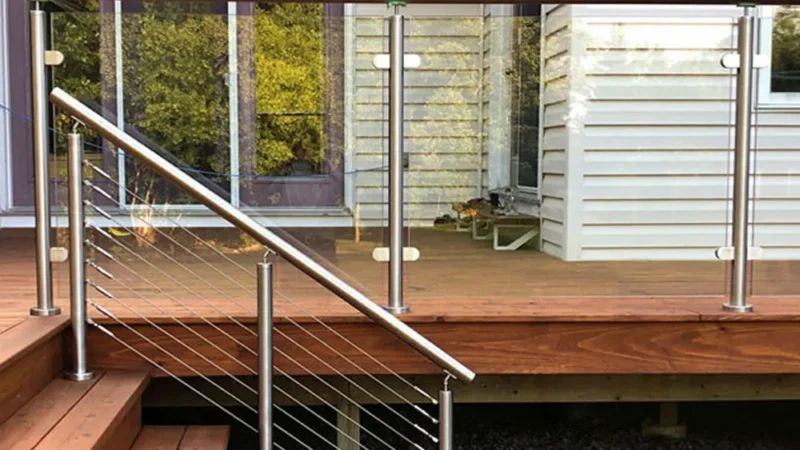How Your Business Can Be Helped With Funds from LAP

Starting a business isn’t easy. There are a lot of decisions to make, especially about where to get the money to start the business. But even after the business is up and running, not having enough money for working capital or a liquidity mismatch can be a big problem. In these situations, property owners can borrow money against their property to meet their financial needs.
Here are some of the most important things to think about before applying for a Loan Against Property without income Proved:
Rate of interest: LAP rates can be very different from one lender to the next, depending on the lender and how risky they think the applicant’s credit profile is. Some lenders may have lower interest rates for residential properties that are owned and lived in by the borrower than for commercial properties or properties that are not owned and lived in by the borrower. Interest rates for Loan Against Property without income Proved can also change depending on how much money the borrower needs and how long they want to pay it back.
Repayment term: Most lenders offer loan-against-property terms of up to 15–20 years, which is longer than other types of credit that don’t limit how the money can be used in the end, such as personal loans, gold loans, and home loans that are added on to an existing loan.
When choosing the duration of a Loan Against Property without income Proved, keep in mind that a shorter duration means higher EMI payments but lower interest costs, while a longer duration means smaller EMI payments but higher total interest costs. So, when choosing the length of the loan, it’s important to think about how much you can pay back and how much you can put away each month for important financial goals.
Also, if you have extra money, pay down your loan early to save on interest. The amount of the loan is usually between 50 and 70 percent of the property’s market value, depending on the applicant’s ability to pay back the loan, income, the property to be mortgaged, etc. Keep in mind that when lenders figure out the market value of the property that is being used as collateral for a Loan Against Property, they also look at things like the property’s location, age, the infrastructure around it, etc.
Types of property pledged: Aside from residential property, many lenders will also accept commercial and industrial property as collateral for a LAP. This means that the property can be used to borrow money against it.
No limits on how the money can be used in the end: Like a personal loan, gold loan, or top-up home loan, Loan Against Property without income Proved doesn’t usually put limits on how the money can be used in the end unless it’s for something illegal or speculative. So, the borrower is free to use the money from the loan for different personal and/or business reasons, such as growing the business, paying for college for a child, getting medical care, etc.
Processing time: When you apply for a Loan Against Property, keep in mind that the lender has to check all of your property-related documents before giving you the loan. They also have to do a technical study to make sure that you own the property and that it is worth what it is worth on the market. So, Loan Against Property usually takes about two to three weeks to pay out. Before you apply for LAP, think about how long it will take for the loan to be paid out. If you need a loan quickly, this may not be the best option.
Processing fees: Most lenders charge between 1% and 2% of the loan amount in processing fees for loans secured by a property. Since most LAP loans are for large amounts, the processing fees can add up to a big chunk of the overall cost of the loan. So, make sure to compare the processing fees that different lenders charge before deciding on one. Even a small difference in these fees can make a big difference in the total cost of the loan.
Prepayment fees: According to RBI rules, lenders can’t charge prepayment fees on LAP loans with variable interest rates, just like they can’t do that with Loan Against Property without income Proved. LAPs with fixed interest rates, on the other hand, may be subject to prepayment fees. Because of this, making prepayments on a fixed-rate LAP can cost you a lot in the form of prepayment charges. So, if you want to take out a LAP, choose a floating rate over a fixed rate so that you can make prepayments in the future if you have extra money without having to pay any penalties.
Should you take out a loan against your home to start a business?
Yes, people who want to start a business and need money can use a loan against property. As a type of secured loan backed by property as collateral, these loans have been offering high loan amounts and lower interest rates than other ways to get money.
Loan Against Property without income Proved is a good way for entrepreneurs to get money because business loans are usually only given to people who already have a business and not to people who want to start one. It’s also usually cheaper than other options like a personal loan.
To improve their chances of getting a loan, entrepreneurs should have a clear plan for their cash flow projections, the business’s viability, how they will make money, etc. Even an entrepreneur’s ability to pay back loans and creditworthiness is judged by his or her credit history. The entrepreneur’s work history in the chosen business field is another factor that affects whether or not they can get a loan and how likely they are to get it. Also, a good credit score for the business owner would make it more likely that the LAP would be given to the business.
When getting a loan against property, keep in mind that things like interest rates, repayment terms, processing fees, the loan-to-value (LTV) ratio, the time it takes to get the money, etc., can vary from one LAP lender to the next depending on the property’s features, the applicant’s credit history, and the lender’s own appetite for credit risk.






